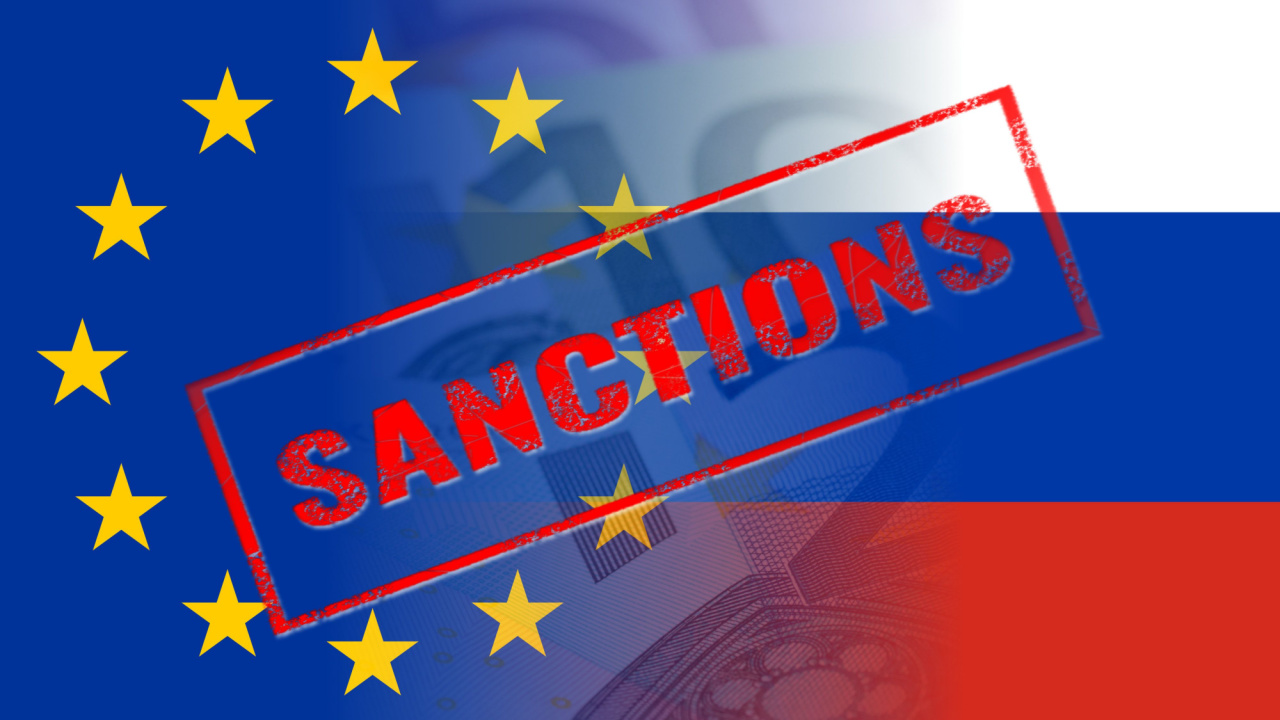
Amid the current escalation of conflict in Ukraine, new sanctions discussed by EU member states seek to restrict European crypto services for Russians. Reports of the clampdown come after the EU banned only “high-value” crypto asset services to Russian residents and businesses earlier this year.
The EU is expected to target crypto services for Russians in a new round of sanctions on Ukraine
The EU is preparing to punish Russia with further sanctions for its decision to announce partial mobilization as part of its escalating military intervention in Ukraine and its move to annex occupied Ukrainian territory through what appears to be a sham referendum.
European Commission President Ursula von der Leyen has announced her intention to impose a new ban on Russian imports and exports of technology that could be used by the Russian military, a package that would hit trade first. A price cap on Russian oil is also planned.
The new measures are also aimed at further restricting the ability of Russians to transfer wealth using digital assets like cryptocurrencies, according to Bloomberg quotes from pundits. Brussels wants to prevent European companies from offering crypto wallets, accounts, or custodial services to Russian citizens and entities, the report found.
Jewelry and precious metals are also on the list, the person added, asking not to be identified because the proposal is still confidential. He also proposed cracking down on people trying to evade sanctions, banning EU nationals from taking highly paid roles in Russian state-owned companies, and punishing individuals and organizations involved in the staging of the recent Ukrainian referendum.
Cryptocurrencies were the subject of sanctions introduced this spring, the fifth round of such measures approved by the EU Council, designed to narrow existing loopholes in the crypto space. At the time, the EU banned the provision of “high-value” crypto asset services to Russian entities and residents. The restrictions applied to digital funds in excess of €10,000 (currently $9,803).
Since Moscow launched a full-scale military incursion into neighboring Ukraine, which gained EU candidate status in late February, 27 member states have adopted multiple sanctions packages against the Russian Federation. Each requires the unanimous approval of all member states in order to be implemented.
Image credit:: Shutterstock, Pixabay, Wiki Commons














